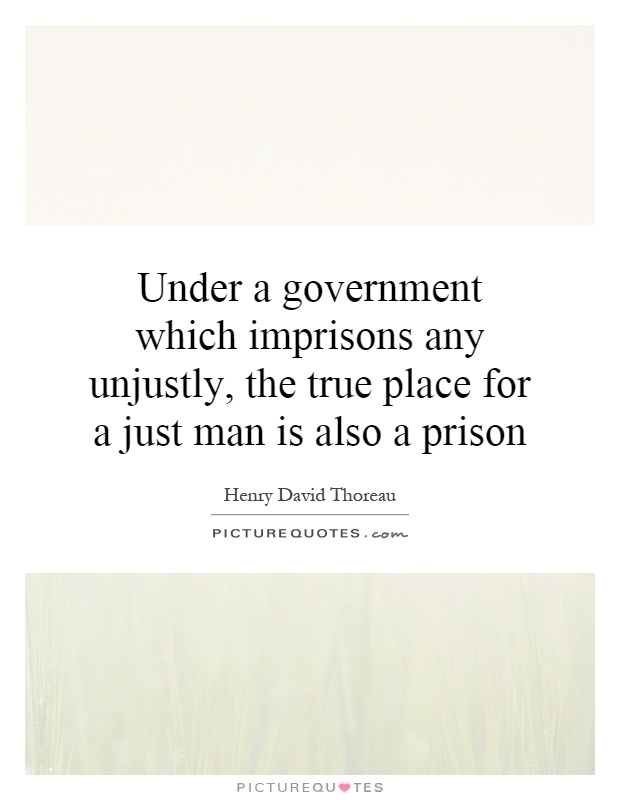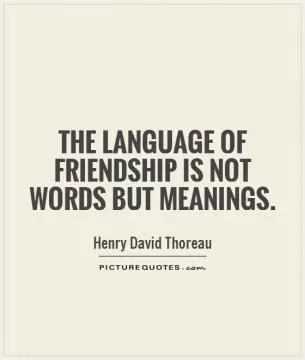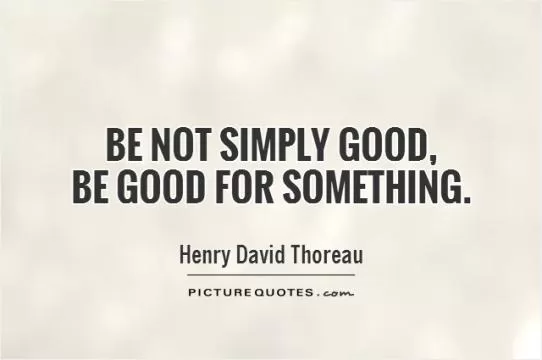Under a government which imprisons any unjustly, the true place for a just man is also a prison

Under a government which imprisons any unjustly, the true place for a just man is also a prison
Henry David Thoreau, a renowned American philosopher, writer, and naturalist, is best known for his essay "Civil Disobedience," in which he argues that individuals have a moral responsibility to resist unjust laws and government actions. Thoreau's belief in the power of individual conscience and the importance of standing up for one's principles is encapsulated in his famous quote, "Under a government which imprisons any unjustly, the true place for a just man is also a prison."Thoreau's statement reflects his belief that true justice and righteousness cannot coexist with a government that engages in unjust practices, such as the imprisonment of innocent individuals. In Thoreau's view, a just man cannot passively accept or support a government that violates the principles of justice and fairness. Instead, he must be willing to take a stand against such injustices, even if it means facing imprisonment or other forms of punishment.
Thoreau's call for civil disobedience and resistance to unjust laws is rooted in his belief in the inherent dignity and worth of the individual. He argues that individuals have a moral duty to follow their conscience and act in accordance with their principles, even if it means defying the government. Thoreau's philosophy is deeply influenced by his belief in the power of nonviolent resistance and the ability of individuals to effect change through peaceful means.
Thoreau's ideas on civil disobedience and the role of the individual in society have had a profound impact on political and social movements throughout history. His writings have inspired countless individuals to stand up for their beliefs and challenge unjust authority. Thoreau's message that the true place for a just man is in prison under an unjust government serves as a powerful reminder of the importance of moral courage and the need to resist oppression and injustice wherever it may be found.












 Friendship Quotes
Friendship Quotes Love Quotes
Love Quotes Life Quotes
Life Quotes Funny Quotes
Funny Quotes Motivational Quotes
Motivational Quotes Inspirational Quotes
Inspirational Quotes